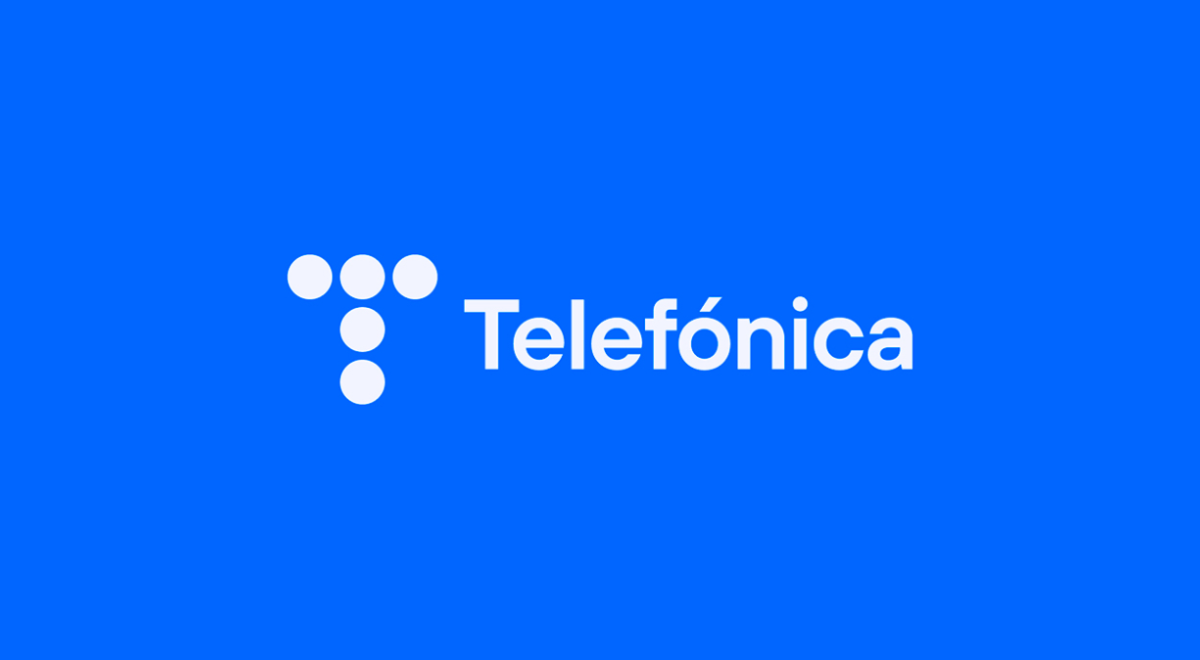In Spain, exclusivity, both in the holding and the exploitation of La Liga matches in the national market, is limited by law (Royal Decree-Law 5/2015), which prevents the same person or entity from acquiring, directly or indirectly, exclusive rights to exploit contents corresponding to more than two lots in the auctions organized by the LNFP, both in the bidding process as at a later time, through acquisition or transfer, unless there were no bidders or equivalent offers.
The first auction of the broadcasting rights of all La Liga matches for the national market, fully applying the new regulations, occurred in 2015 for the 2016-2019 period. Telefónica and Media pro maintained the leading positions they had already enjoyed in the market and became the big winners.


The exceptionality of this situation arose, subsequently, from the conditions-imposed months before by the National Commission on Markets and Competition to Telefónica for the purchase of DTS (Canal+), which forced it to open all of its premium channels to their competitors so that they could buy up to half of them to their choice, which constitutes a brake on content exclusivity.
Read related articles in this series
- The collective sale of broadcast rights package and legal implications.
- The legal and commercial implications of the new broadcast deal of the Nigeria Professional Football League.
- The nbc code and sports content exclusivity – Part 2
The direct exploitation of broadcasts of premium, non-exclusive, audiovisual content by the leagues themselves is a system that has been operating for years in other sports. It is worth noting the case of the NBA and its NBA League Pass.
The NBA games can be viewed through cable and satellite television on the ESPN and ABC channels, as well as on TNT, who share more than 160 games per season, completing the broadcasting offer and the set of games through the NBA TV, a 24-hour television channel, launched in 1999 and produced by the NBA itself.
However, the NBA League Pass streaming service, which was launched in the 2006-2007 season, as the NBA League Pass Broadband, was an extension to the Internet webcast, of the NBA League Pass TV channel launched in 1994.
However, after years of producing its audiovisual contents (through NBA Entertainment) and selling through satellite and cable television, the NBA launched its streaming platform, with access to live games and multiple commentary services. The foregoing represents the diverse ways through which the commercial potentials of the NEXT Tv deal can be maximized.
As already demonstrated in the Spanish model, such transactions are usually conducted by public auctions. Public auctions in this sphere are usually advertised to invite bidders for the broadcast rights. We are not sure this was the case with this deal. One can excuse the commercial challenges faced by the LMC which just landed its first major broadcast deal in years.
It is therefore understandable if Next TV was the only bidder for this right. It is however suggested that this deal should go beyond TV rights. Apart from avoiding an exclusivity clause in the contract which vests absolute power on the sponsors, the LMC should find ingenious ways of broadening the market by perhaps launching a streaming platform which would allow a buyer, possibly a Telco to live-stream a percentage of the games; similar to the arrangement between the English Premier League and Amazon.
This ensures that a percentage of the population who cannot afford cable subscription can conveniently live-stream a number of the games on their mobile devices.
Next TV on its part, needs to unbundle some of the plenitude of the broadcast rights it has acquired in the deal. This not only enables it to meet its financial obligations to the LMC, but it also ensures the commercial target of the deal is maximized as much as possible.
Both Media Pro and Telefonica in Spain and BT Sports and Sky Sports are big entities that can afford solo sponsorship deal but have been able to coexist in multi-billion Euros deals.
Also read
- Contractual stability, inducement of breach of contract and sporting sanctions in football contracts (Part II)
- The nbc code and sports content exclusivity – Part 2
- The law in Nigeria and how it affects the clauses in football contracts – Part 2
The LMC can replicate such sponsorship masterstroke by exploiting the Arab and Middle East Market which has a large pool of Nigerian players plying their trade in the continent by interfacing with a cable or satellite television provider.
It is inconceivable that NEXT Tv would televise all 380 NPFL games each season. Accordingly, the goldmine in commercial TV broadcast rights in the league may never be unlocked until the LMC explores its options on this issue.


